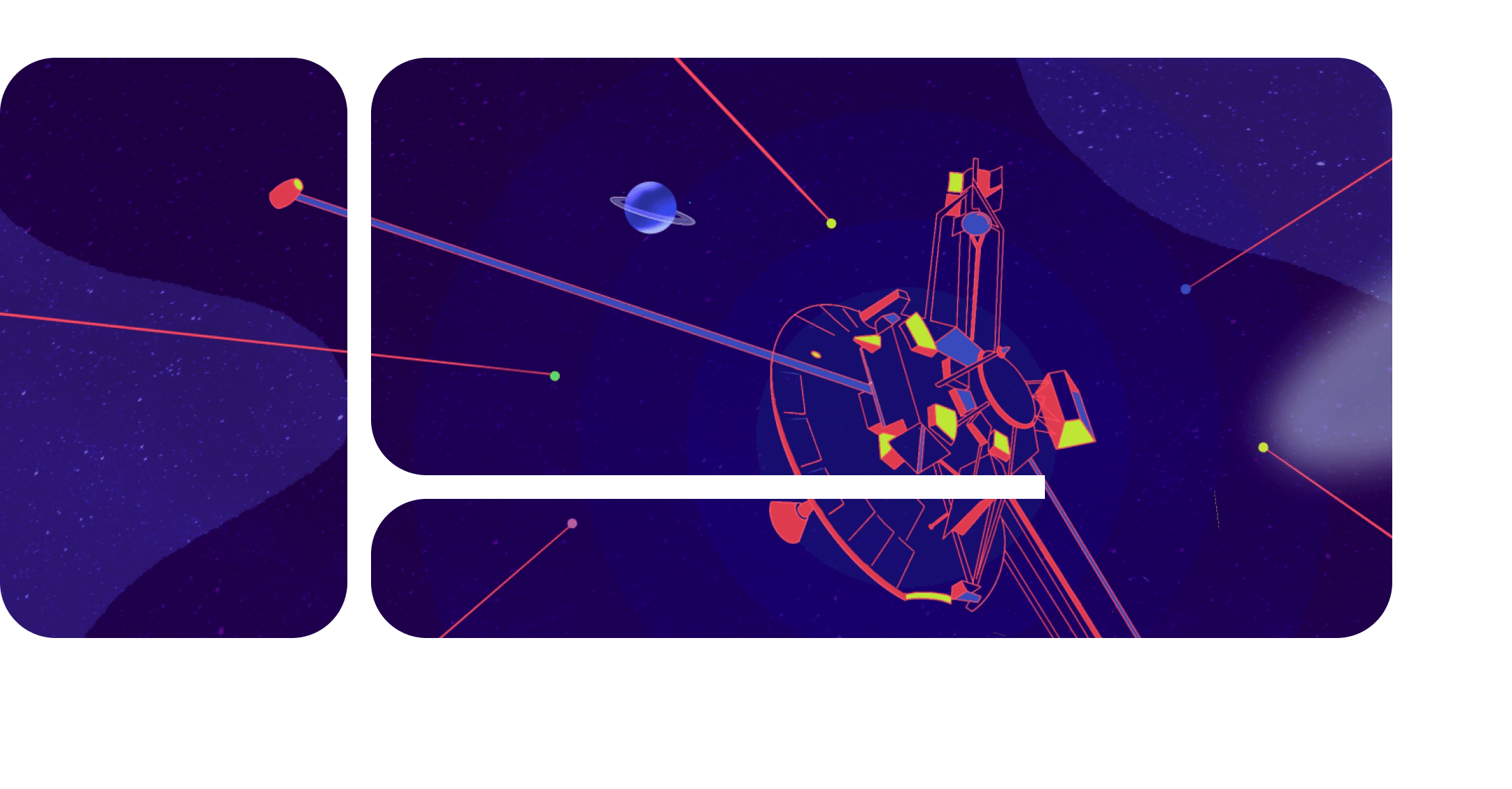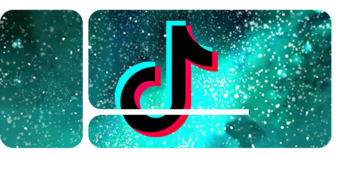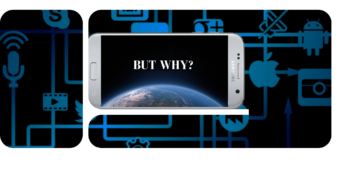Industry Groove – Week 16

Assuming you haven’t spent the last few days under a rock on Mars, you’ve probably heard about a completely or mostly AI-generated song with the voices of Drake and The Weeknd that has been making waves. In addition, various “cover versions,” such as an AI-Drake performing “Munch” by Ice Spice, have been circulating. While the covers took place on social media, the Drake and The Weeknd collab uploaded by the mysterious ghostwriter made its way onto Spotify, Apple Music, YouTube Music, and the like, although not for long.
“im just getting started“, ghostwriter declared on TikTok, and of course, this is just the beginning. The music industry is faced with the big question of how to deal with it. Because it is clear: the technology is there, it will not disappear, and above all, it will only get better. The Pandora’s box is open and now a pragmatic solution is needed, as soon as possible. The first instinct, of course, is to put a stop to it all and ban everything. But wouldn’t that just be repeating mistakes from the past, when the music industry thought it could stop changes and then slid into a deep crisis? However, simply watching from the sidelines is also not an option, as thousands of songs like “heart on my sleeve” will flood the DSPs. There is certainly no easy solution, and the Industry Groove Newsletter will closely monitor any possible outcomes.
What’s next for AI Music and deepfakes?
- AI has the potential to support many artists in their creative process. However, in the last few days, it has become apparent that the capabilities of AI go far beyond that and that bad actors have new tools for their fraudulent schemes.
- It becomes undoubtedly dangerous when an artist loses control over their own voice. When you can imitate the voice of well-known artists with easy-to-use tools, we are moving on thin ice in many ways.
- The current cover versions can of course be seen as harmless games, primarily problematic in terms of copyright. However, it becomes really dangerous when artists are given political messages to mouth that they would never express. It is already easy to make Drake rap a racist text, and as a consumer, one will soon no longer know what is real and what is not.
- In the specific example of the Drake and The Weeknd track, it is not a cover but a new song. The entire copyright situation is therefore even more complicated, especially since ghostwriter, who released the song on the DSPs, did not mark Drake and The Weeknd as artists. Universal’s lawyers will probably have to work overtime.
- Side note: ghostwriter seems to be on a revenge mission against the industry. On TikTok, he wrote: “i was a ghostwriter for years and got paid close to nothing just for major labels to profit. The future is here.” This can probably be understood as a threat.
- However, the reaction from Universal also has a slightly threatening undertone: “The question arises as to which side of history all stakeholders in the music ecosystem want to be on: the side of artists, fans and human creative expression, or on the side of deep fakes, fraud and denying artists their due compensation.”
- The music industry is now facing the difficult question of how to deal with this situation. The initial reaction, of course, is to demand a complete ban. It’s quite possible that Universal will now go after ghostwriters and also the distributor (it wasn’t us) who uploaded the song. However, history shows that such bans are neither useful nor fully enforceable. The mistakes that were made at the end of the CD era should not be repeated. But what is the alternative?
- Some voices are calling for simply allowing it, but under the condition that it is clear that it is an AI-generated song. They advocate dealing with AI music like the Content ID on YouTube. Users can use popular songs for their videos, but the earnings go to the artists. Ironically, we would need AI to filter out the AI-generated songs.
- However, there is a difference: with Content ID, the songs were created by the artist themselves, and they had creative control. It is very different with AI-generated music, where only the voice “belongs” to the artist, but they have no influence on the song. Would each individual song have to be manually checked? And if they are approved, will the artist be marked and will the AI song then appear on the official artist profile? If so, how can fans still distinguish what really comes from their favorite artists and what comes from an AI program? Yes, it is complicated.
- It is also already suspected that the financially strong labels will soon be buying up AI companies en masse.
- For those who want to do a deep dive into the topic of AI and deepfakes, I recommend this link.
- A typically insightful analysis comes from MIDiA.
Which genres are dominated by major labels in playlists?
- It is no secret that artists signed to major labels are overrepresented in Spotify playlists. I already showed this in this article.
- Dmitry Pastukhov wanted to investigate this in more detail and therefore analyzed the 500 (!!) most popular genres and over 6,000 playlists on Spotify.
- Among the most popular genres (pop, dance pop, hip-hop, rock, and EDM), the average major label share was 48%. The lowest proportion of major label songs in the top 10 genres is found in EDM, where only 27.5% of the songs were released by a major label. This also applies to other electronic genres in the top 100.
- Looking at the top 100 genres, the major label share is still at 43%. Across all 500 genres examined, it drops to 27%. The less popular a genre is, the lower the proportion of major label songs on average.
- Indies are particularly well represented in local repertoire, niche sounds, and new genres.
- Of course, it is not necessarily surprising that majors are less present in niche genres, but the support with numbers is very informative.
The next step towards a TikTok ban?
- It remains unclear whether TikTok will be banned in the United States and potentially in other Western countries. However, we are now one step closer to the ban.
- The Montana State House has voted in favor of a bill that would ban TikTok in the US state. It still needs to be signed by the governor of Montana to become law.
- The Republican governor has not yet commented on whether he intends to sign the bill.
- If he does sign it, it is expected that the law will be challenged, which would then become a test case for a nationwide ban.
- If the TikTok ban becomes a reality in Montana, it would be the only territory in the world, along with Afghanistan and India, to completely ban the Chinese app.
- TikTok has 150 million users in the United States, which is 45% of the population.
The impact of influencers on viral TikTok songs
- This article shows that viral songs on TikTok often feel organic, even though there is often a campaign and influencers behind them.
- While smaller influencers are happy with a few hundred dollars, the big names are said to receive five-figure sums from labels or PR firms.
- As law enforcement officials and TikTok itself place more value on transparency, the hashtag #MusicAd is becoming more and more visible in popular posts, albeit often hidden. Usually, only the truly big influencers follow these guidelines, as they have more to lose.
- Smaller acts lose out because they cannot afford such campaigns. However, it should not be forgotten that expensive campaigns do not guarantee success, especially not with TikTok’s unpredictable algorithm.
- That TikTok sometimes even ensures that songs go viral, they call this “heating” a song, I have already shown here.
Bonus Reads
- “Link in Bio” is perhaps the most posted phrase on Instagram. So far, Instagram has only allowed users to post a single link. This changes now: Instagram now allows up to five links in the bio. However, most artists probably find that five links are by no means sufficient, and the tool cannot visually compete with the popular smart link providers. A step in the right direction, but not more than that.
- It seems that Spotify is doing some spring cleaning – everything that is no longer needed has to go. After just recently shutting down Spotify Live, it has now been announced that they will also be scrapping the music quiz game Heardle as of May 5th. This is less than a year after they acquired it.
- AI is the dominant topic this week, which fits with a survey conducted by music distributor Ditto among its customers. The survey comes to a surprising conclusion for many, that AI is already being used much more frequently than expected. 60% of respondents have already used AI for a release. Most of them used it for artwork or mastering, but 20.3% also used it for production and 11% for songwriting. A large majority also wants to continue using or experimenting with AI in the future. Only 28.5% said they would never use AI for their music.
- As already reported, Universal Music is aiming for a new streaming model, one which they call Artist-Centric. David Martin, CEO of the Featured Artists Coalition, believes that if you want Artist-Centric, you should also talk to the artists to better understand their needs and desires.











